Life is continually unfolding new realms before us, giving us new experiences. With each experience comes learning, and there is a feeling attached. How well we imbibe that feeling ultimately determines whether we develop a new habit or discard an old one from that moment onwards. Our success, happiness, and general wellbeing are shaped by the habits and behaviours we engage in daily. One reaps what they sow, so why not sow the best seeds that develop into fruitful trees tomorrow while uprooting the thorny shrubs that deplete the charm of a beautiful garden? Becoming the best version of yourself requires knowing how to manage your habits and align them accordingly to help you achieve your goals. Whatever your goals in life, habits determine where you reach and whether you achieve them. It has in it an essence of discipline and patience. Dreams come true, and with perseverance and sheer will, one can achieve one’s goals, converting one’s dreams into reality.
Consistency is the Key
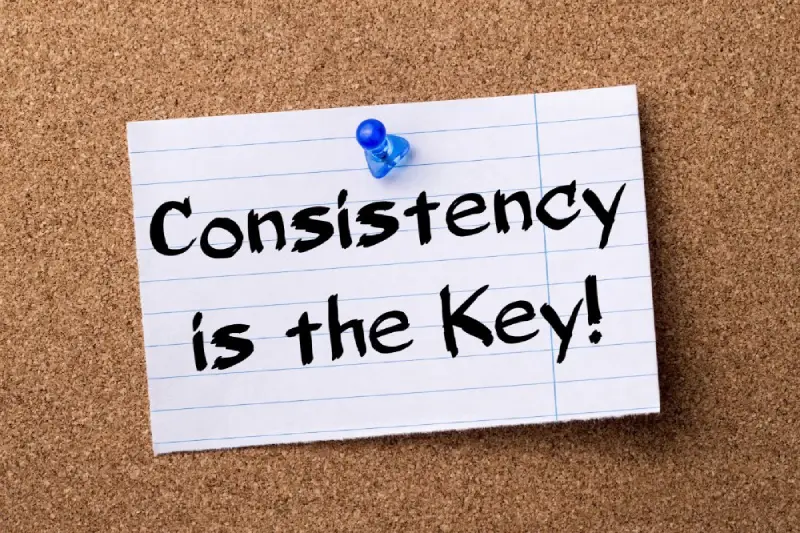
Rome was not built in a day. People impulsively adopt new things, for instance, following a healthy diet for weight loss, but soon give up when they do not see the desired results. However, time is essential for adapting to a new way of life. The change can either be in the form of new beginnings or the termination of something that has been continuing for a long time. Good things take time. Thus, it is only with consistency that one can successfully adopt new habits or give up on old ones. With regularity, repetitiveness and perseverance, one can see the desired outcomes they had in mind while adopting the change-oriented decision.
When to Build Habits
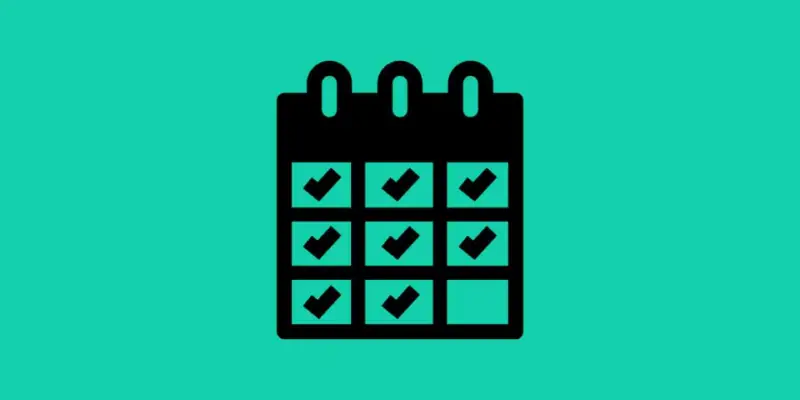
To build a new habit, one must be duly aware of the void one might face in lacking it. For instance, a person realizing that they are falling behind their peers due to lacking specific skills is when they must put in efforts to upskill themselves. Right things done at the right time give the best outcomes. However, people may often miss out on it as they need to realize when to begin.
Thus, here are 5 instances when one may take up building a new habit:
1.Setting new Goals in Life:
Establishing objectives for one’s growth, like picking up a new skill or getting healthier, can encourage the formation of new habits. Objectives concerning professional development, for instance, frequently call for developing new behaviours such as networking, ongoing education, or improved time management.
2.To adopt a healthy lifestyle:
After a procedure or illness, it’s a good idea to create long-term health-promoting habits. For instance, adopting healthier behaviours (such as improved diet and regular exercise) becomes essential after diagnosing a medical condition (such as diabetes or high blood pressure). One should also take care of one’s mental health, and thus, one should also address habits that cause stress, anxiety, or depression (such as overworking oneself or worrying all the time).
3.To fill the void:
Reflective times, like a midlife review, can be an excellent time to start new habits that will help you grow personally. Creating new habits can provide a sense of purpose and revitalization if you feel stuck or dissatisfied in your current circumstances.
4.Out of Motivation or under Inspiration:
One may be motivated to form new, advantageous habits after reading a book on motivation, going to a seminar, or getting support from a mentor.
5.After Revaluation:
Regular self-evaluation can help pinpoint problem areas and adopt new routines. When the results are not within our desired acceptable limits, this indicates the need to change the old procedure or adopt a new one to help generate better outcomes.
When to Break Habits
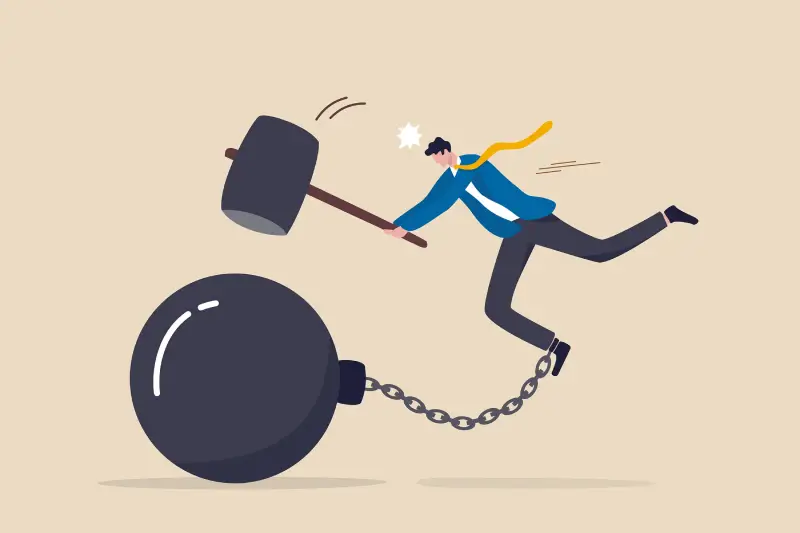
Letting go of something that one has been accustomed to for a long time is as tough as adopting something new that once was alien. However, breaking our old habits and devoting our efforts to more productive practices become essential. For instance, a student preparing for competitive exams must break their irregular sleeping habit to have a facilitated structured timetable conducive to planned learning. Specific incidents in one’s life can make them realize that their long-fetched habit has been harming them all that while. For instance, if a person misses out on a job opportunity due to their habit of being overly friendly, their instinct is to discard it and adopt a more professional demeanor for the corporation.
Here are 5 scenarios under which one may realize that they need to break a habit:
1.To achieve Financial Stability:
Financial instability may result from spending more than one makes or rashly purchasing unnecessary things. By eliminating this habit, better financial health can be attained.
2.If it causes shame or guilt:
It is important to break bad habits that cause regret, guilt, or shame. These emotions indicate the habit is out of step with your ideal self-image or values.
3.If it interferes with goals:
It’s time to rethink a habit if it doesn’t support long-term objectives (like career aspirations or health goals) or directly contradicts them. Changing or breaking habits impeding one’s progress towards significant milestones is essential.
4.Upon receiving Feedback:
It’s essential to take friends, family, or coworkers into consideration if they say that a habit is hurting them. It is worthwhile to reconsider a loved one’s serious intervention regarding a detrimental habit.
5.Negatively Impacts Productivity:
One might be ignoring certain habits that lower productivity. Certain habits, like using social media excessively or multitasking often, can make it harder to concentrate and be productive. They identify this as a signal to curtail or stop engaging in such activities.
10 requirements to Build or Break a Habit
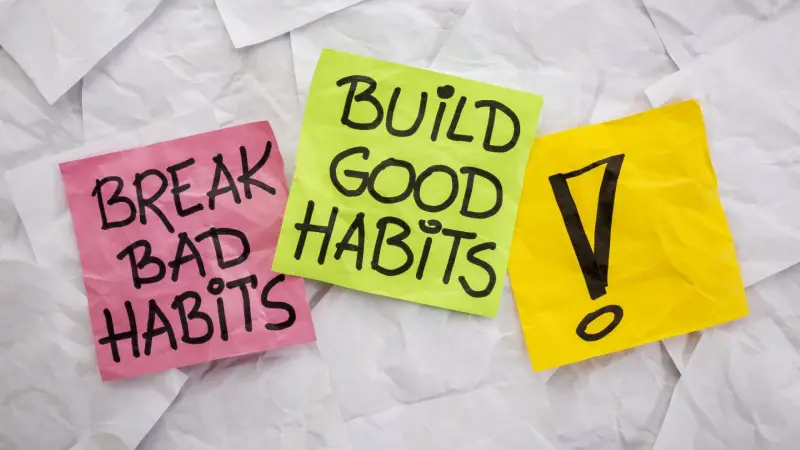
We all have a set of principles that have been guiding us for a long time, and based on these principles, we have crafted our own ways of doing things. However, change is the only constant. Thus, one who changes positively with the flow of time can leverage themselves and stay updated. That is how we have developed our regular habits. However, learning something new, such as a good habit, is always good.
Similarly, anything that does not contribute to an individual’s well-being, be it in the long run or short run, must be amended. Many of our regular habits that harm us go unnoticed at times. For instance, binge eating, which gives us momentary satisfaction, is actually an unhealthy habit that takes a toll on our health and may cause several long-term diseases.
Thus, here are a few ways in which one may inculcate new habits or give up old ones:
1.Set goals:

Establishing definite, attainable objectives is the cornerstone of cultivating any wholesome behaviour. Set specific goals like “I will eat five servings of vegetables daily” instead of overarching, ambiguous aspirations like “I want to eat healthier.” This precision helps you concentrate your efforts and precisely gauge your advancement. Having well-defined objectives facilitates formulating a comprehensive strategy to achieve them. By providing you with a concrete goal to strive for and a feeling of satisfaction upon reaching it, they also aid in maintaining your motivation.
2.Motivation:

Resolving the underlying causes of your desire to form a healthy habit is essential to sustaining long-term dedication. Motivation can originate from several things, such as reaching a particular personal goal, increasing your energy, strengthening your mental health, or improving your physical health. Knowing your primary driving forces enables you to focus under pressure and gives your work a purpose. For example, wanting to prevent chronic illnesses, enhance mood, or lower stress levels could motivate someone to exercise regularly. Recalling these incentives can give you the willpower to stick with the habit even when it gets harder to maintain.
3.Self-motivation:
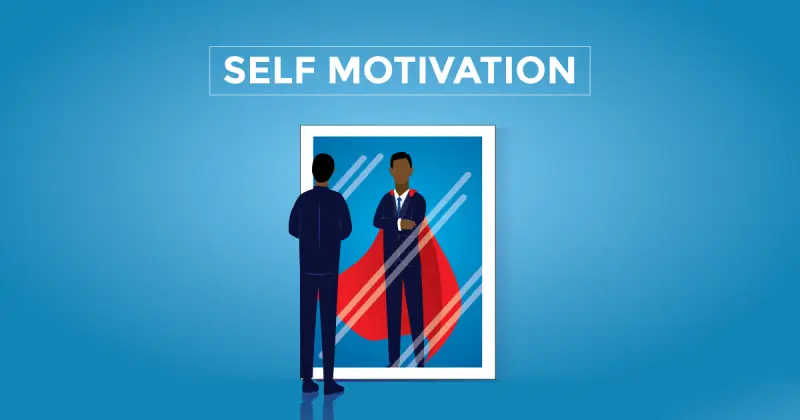
Maintaining long-term commitment requires understanding the underlying motivations behind your desire to form a healthy habit. Achieving a particular personal goal, increasing your energy, strengthening your mental health, or bettering your physical health are all examples of different things that can motivate you. Knowing what drives you at your core gives you a sense of purpose and helps you maintain focus when things get tough. For example, the desire to lower stress, elevate mood, or stave off chronic illnesses could motivate a regular exercise regimen. When the habit gets hard to keep up, remembering these reasons can motivate you to keep going.
4.Small steps towards achieving a larger goal:

Setting realistic goals at the outset will help you avoid burnout and make it more likely that you will maintain your new habit. If your goal is to start exercising, it may feel overwhelming and unsustainable to commit to an hour-long workout immediately. Instead, begin with a daily walk of ten minutes and work your way up to longer and more intense workouts. Taking small steps gives your body and mind time to get used to the new routine, making it easier to manage and less daunting. Long-term success requires confidence and momentum, which can be developed by starting small.
5.Accountability:
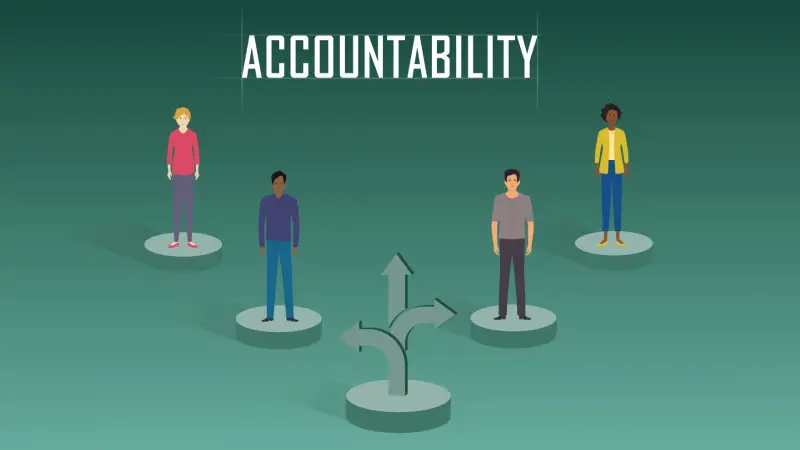
Joining a group or communicating your goals to others can significantly increase your commitment to forming a new habit. A feeling of accountability and support can be obtained by working out with a partner, enrolling in a fitness class, or engaging in online communities. You’re more likely to stick to your plan when you know someone knows your objectives and advancement. Accountability partners can support you, provide insights from their experiences, and assist you in overcoming challenges. They can join you in celebrating your accomplishments, adding to the journey’s enjoyment and satisfaction.
6.The reward that awaits:

Setting up a system of rewards to help you maintain your new behaviour can be very inspiring. Positive reinforcement from rewards increases the likelihood that you will stick with the behaviour. These can be as small as indulging in a favourite healthful snack following a workout or as big as rewarding yourself with a new outfit upon reaching a particular milestone. An incentive can increase the sense of worth and enjoyment of an effort. When you start to reap the rewards, like increased vitality or better wellbeing, the behaviour itself may eventually become genuinely fulfilling.
7.Continuous tracking of the progress:

Using an app or keeping a journal to track your development can yield insightful information and inspire you. By keeping track of your efforts, you can evaluate your progress and spot any areas or trends that may require you to modify your strategy. If your objective is to exercise regularly, for example, keeping a workout journal can assist you in identifying gains in your endurance and fitness. You can feel more confident and inspired to keep going by visualizing your progress, especially when you need more motivation. It also makes you feel accomplished and enables you to recognize little victories along the road.
8.Adaptability:

Maintaining a new habit depends on your adaptability and willingness to change your strategy. Because life is dynamic and circumstances change frequently, modifying your action plans is essential. Be willing to try something else if a particular approach proves ineffective. For instance, you might need to shorten your workouts or find other times to work out if your schedule gets busier. Flexibility allows you to maintain your habits despite obstacles or schedule modifications. Positively adjusting to new circumstances facilitates commitment to your objectives.
9.Be well informed:

One must be well-informed about what they are trying to pursue. For instance, a person trying to develop the habit of healthy eating must be well informed about what type of food suits them the best. Making uninformed may have unwelcome repercussions. Thus, before developing a new habit or quitting an old one, one must duly assess its short-term and long-term impact on the person’s life in many ways possible since the habits we follow significantly impact our lifestyle and what becomes of us.
10.Connect with like-minded people:

When starting a new habit or transitioning from one habit to another, there are many questions regarding its outcomes or whether we are taking the proper steps. In such a situation, connecting with people who have had similar experiences or are pursuing similar interests always helps. For instance, a person willing to quit smoking finds it very difficult to let go of the temptation during the initial days. In such a scenario, getting to know the experience of someone who is going through the same phase or has successfully quit smoking will help. People feel comforted when they encounter individuals going through the same struggle as them and have their own stories of how they overcame their obstacles.
Nurturing a better you

Whether one builds or breaks a new habit, the sole aim will be to nurture a better version of themselves. The aim is to revolutionize one from they had been to someone better than they could have possibly been all that while. With changes in habits, there will be changes in lifestyle, behaviour, interaction with people, peers’ perception of the person and overall mental stability. All these, put in the right place under desired limits, will only help bring out the best inside a person.
Conclusion
Starting a self-improvement journey depends significantly on your capacity to develop healthy habits and break bad ones. Identifying critical junctures and change indicator signals is crucial to establishing new routines that improve wellbeing. Timing is a critical factor in habit formation, whether overcoming significant life transitions, spotting bad habits, or getting ideas for personal development. Realizing one’s full potential and living a more balanced, meaningful life requires tackling bad habits and developing healthy new ones. People get closer to becoming their best selves with each step they take to cultivate new habits and give up old ones.




